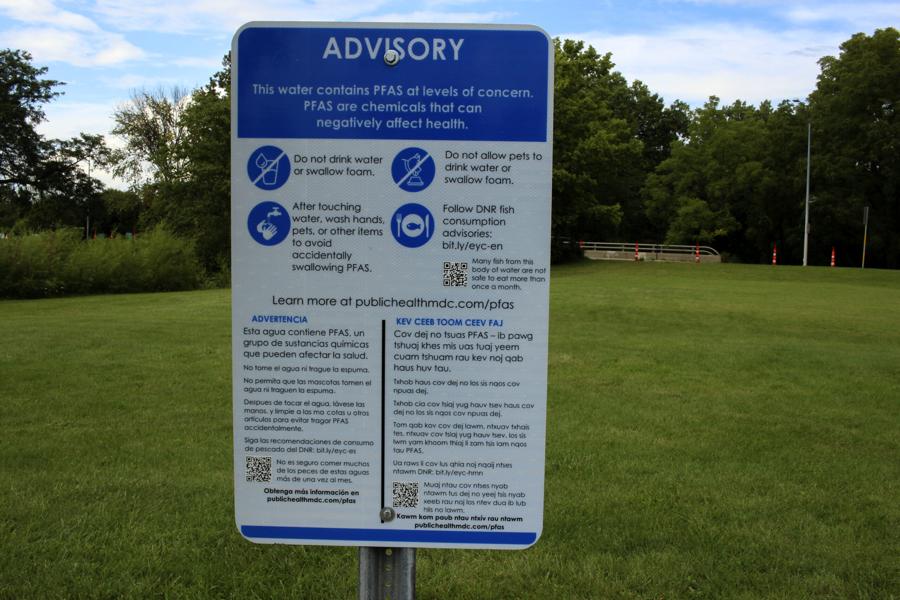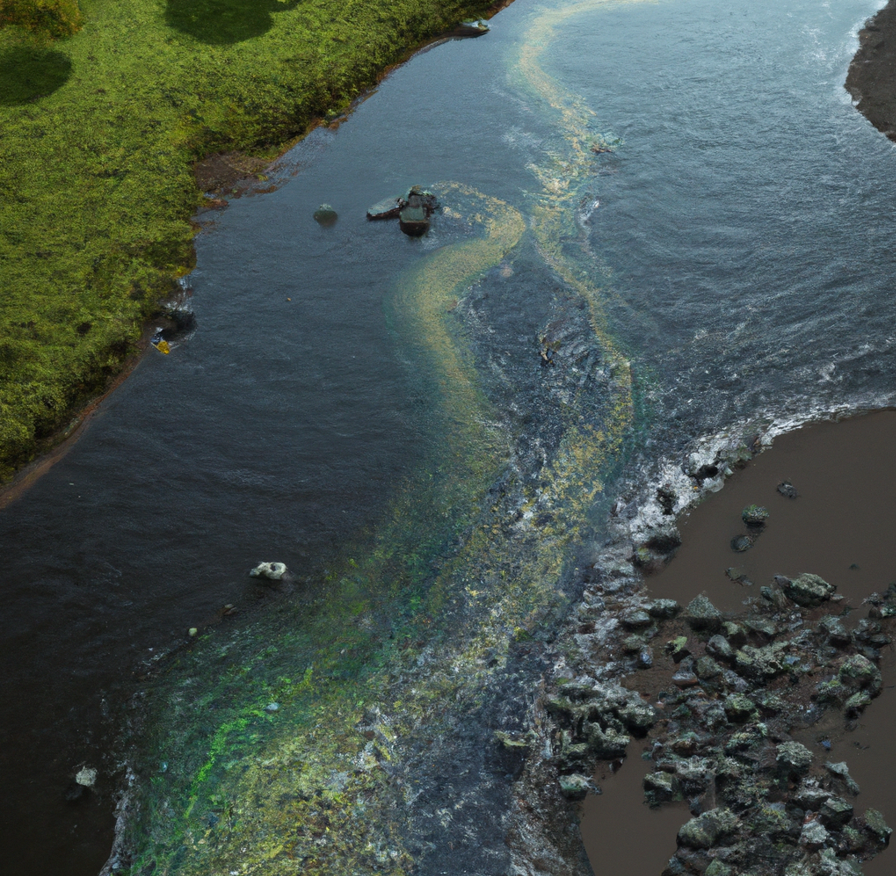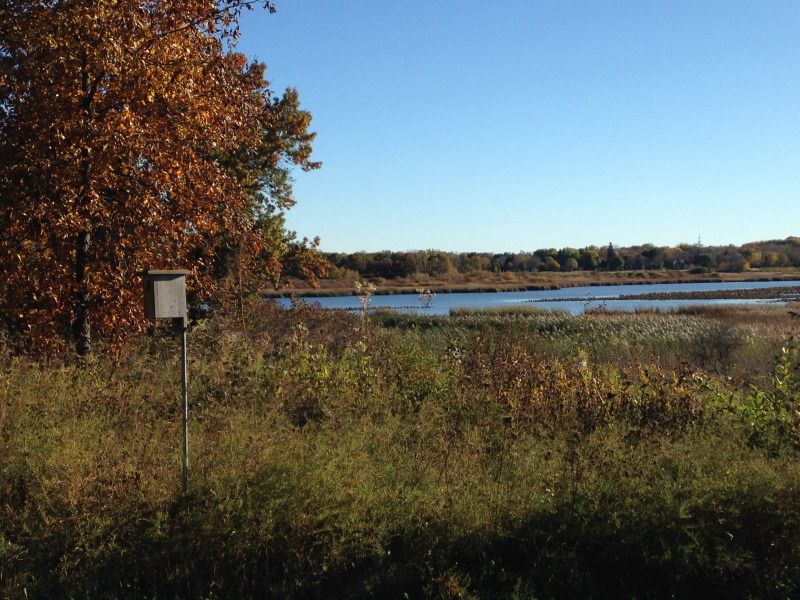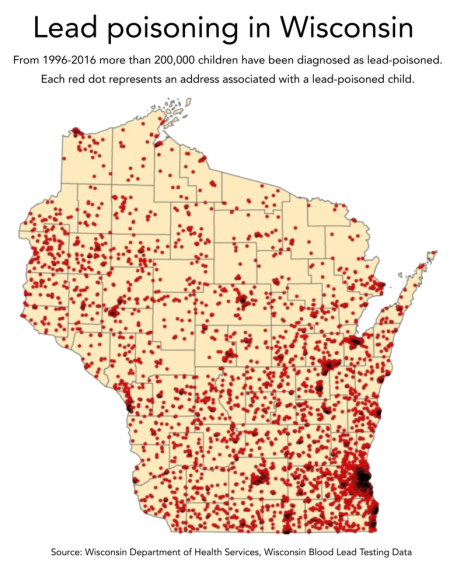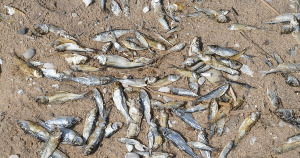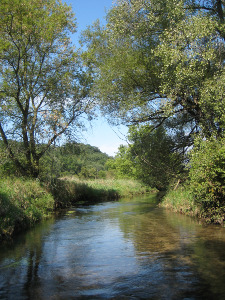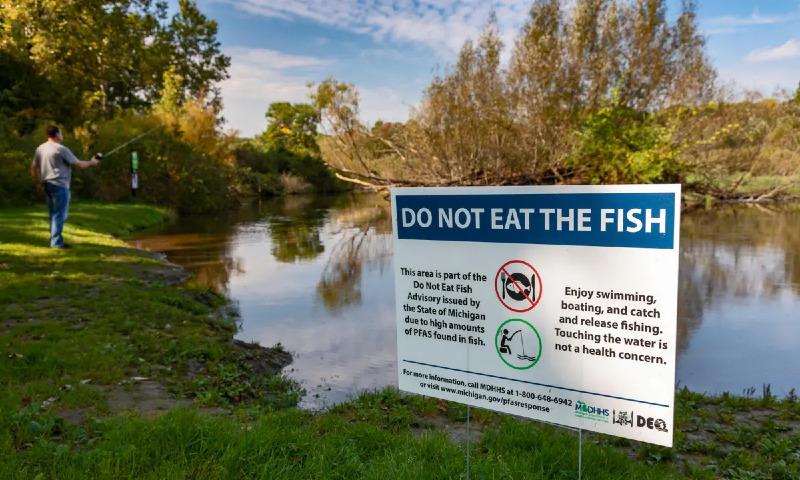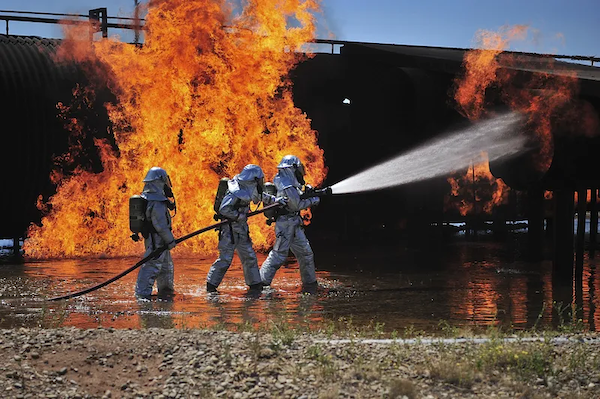Wisconsin Passes $125 Million Bill to Address PFAS Contamination
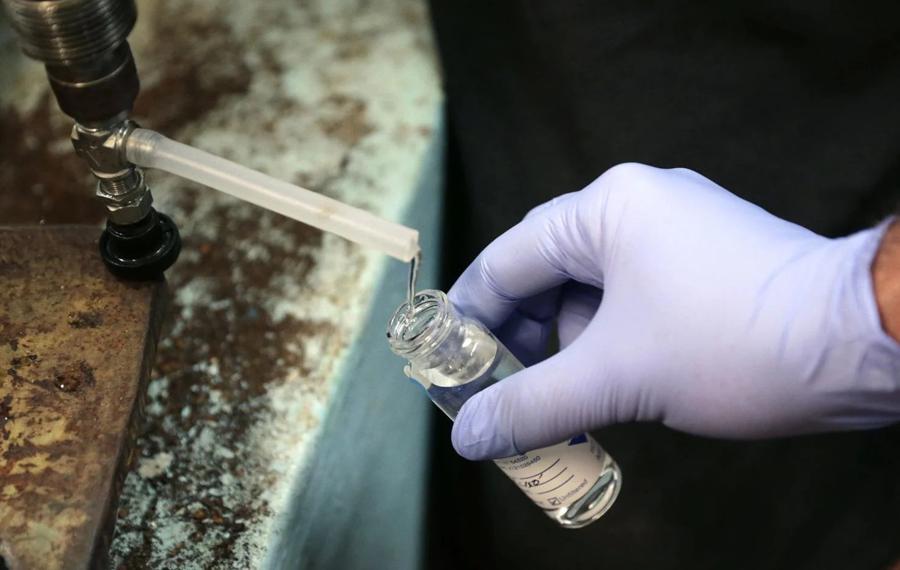
by Valeria Moreno Lopez, age 17
Dangerous artificial chemicals like PFAS have polluted Wisconsin’s waters and towns for decades. The Wisconsin State Assembly recently passed a $125 million bill to control and test for PFAS contamination in groundwater across the state, yet it could also exempt polluters from liability.
PFAS, short for per- and polyfluoroalkyl substances, are synthetic chemicals in many industry and consumer items, including cookware and water-resistant products. These chemicals are difficult to remove from nature and do not fully decompose. They seep into groundwater and lakes, and ingesting them can lead to a weakened immune system, liver disease, and cancer.
The legislation would offer grants to local governments and private landowners, using $125 million from the state’s budget trust fund to remove PFAS in wells and water treatment plants. Under Wisconsin’s “Spills Law,” anyone who causes or owns a dangerous substance released into the environment must clean it up. However, Democrats say the PFAS bill protects polluters because, in some scenarios, taxpayers would have to clean up the mess. Furthermore, a legislative committee must approve the funding for the legislation before it can help Wisconsinites with contamination. [Read More]

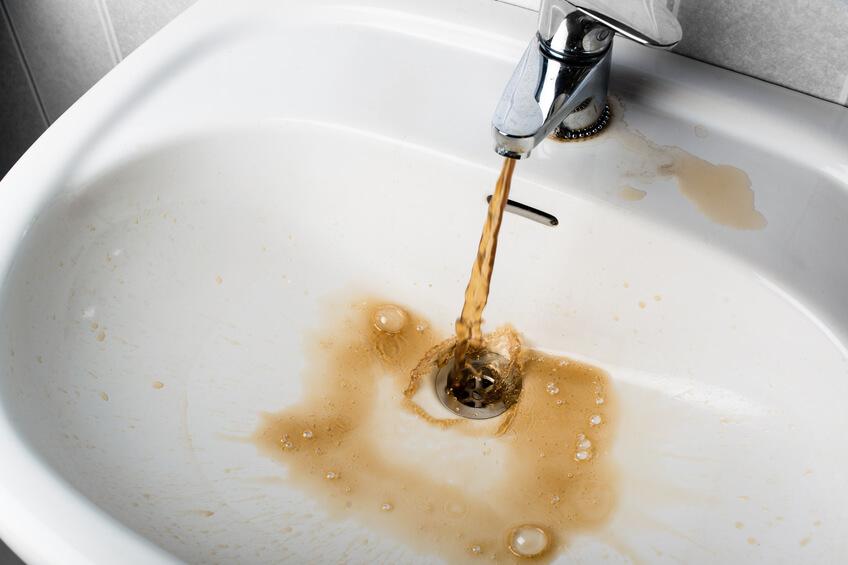
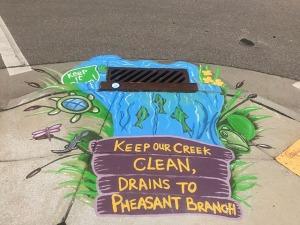
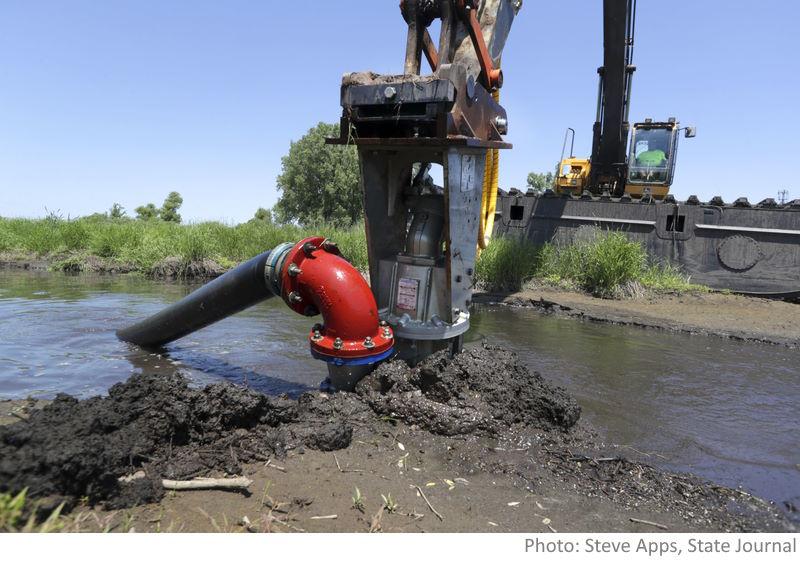

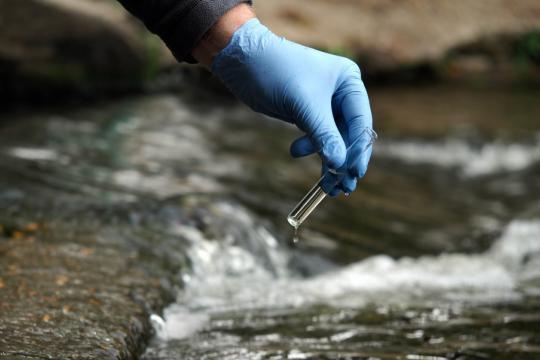

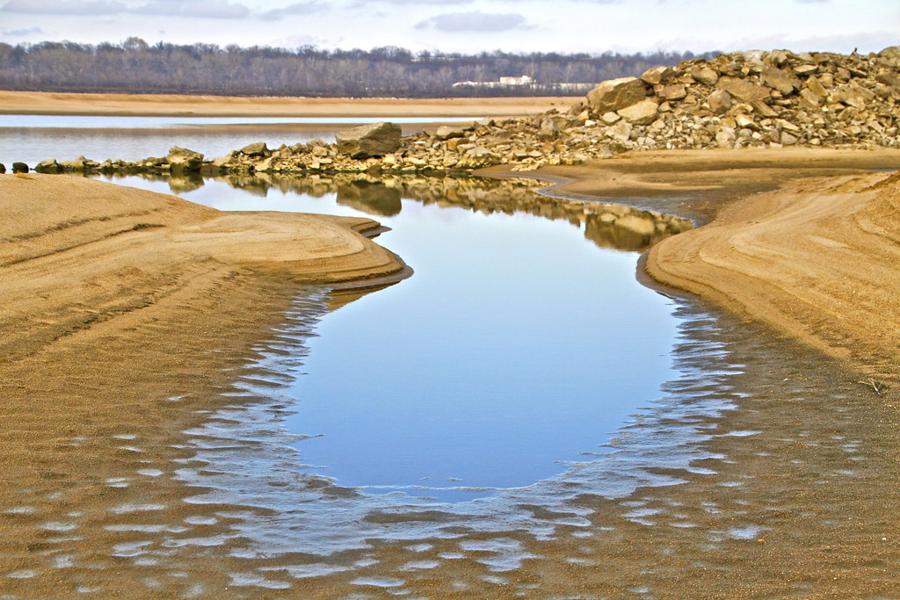

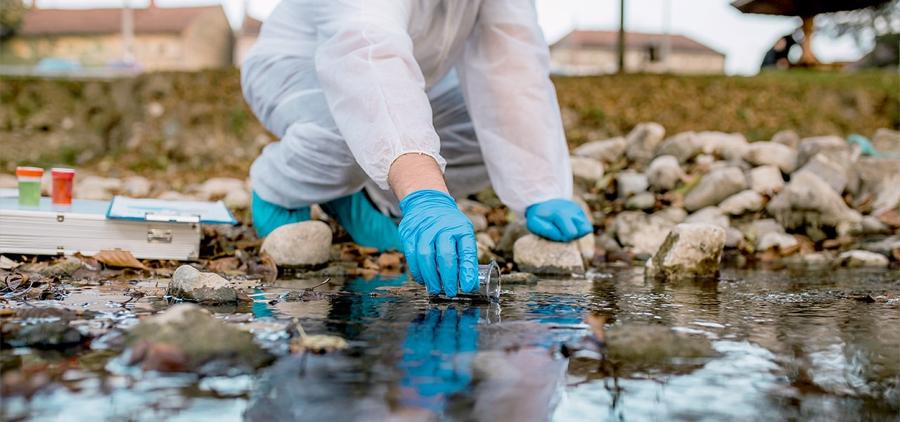
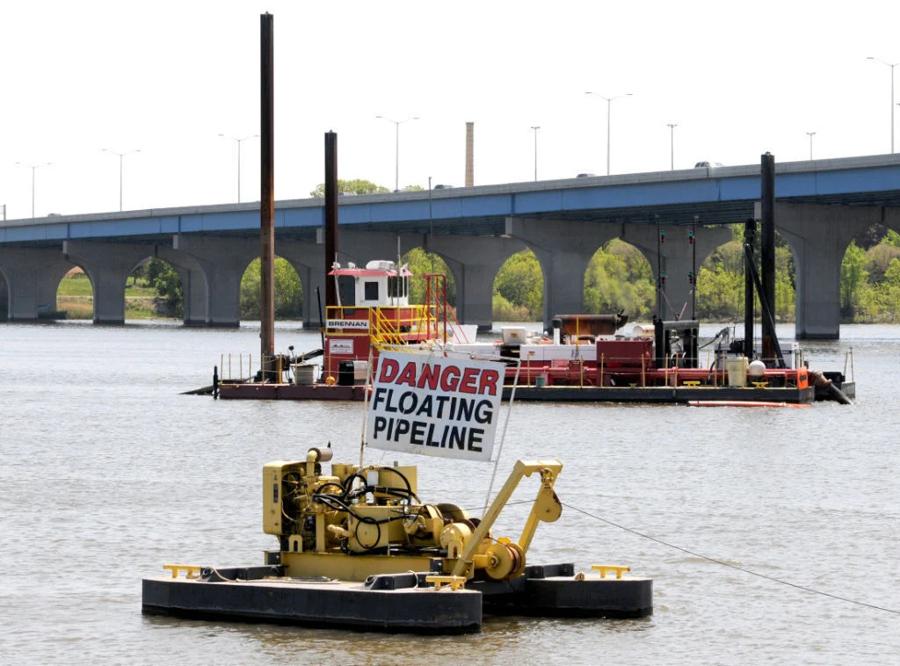

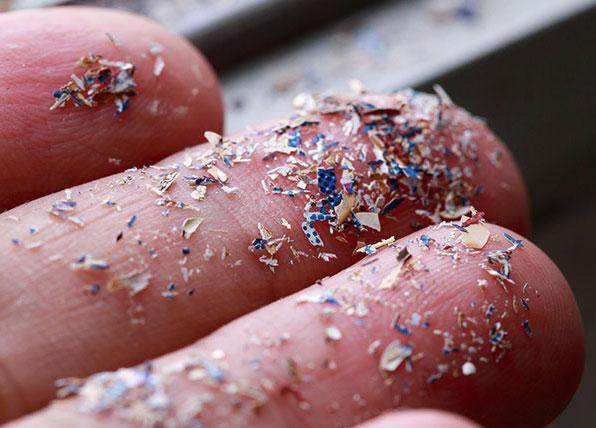 A source of this problem is to lack of recycling and microbeads that are not fully deconstructed by water filters. Microplastics are tiny pieces of manufactured polyethylene, which are then added to exfoliants and beauty products like cleansers, and toothpaste. As a result, it is not clear where these tiny particles flourish and if it is at the beginning of the stage of water filtration. Bodies of water are now contaminated with these plastic bits and due to the small size of these materials, it is easy for them to pass right through water filtration systems. After not being removed, microplastics end up in the ocean and Great Lakes which poses a threat to aquatic life.
A source of this problem is to lack of recycling and microbeads that are not fully deconstructed by water filters. Microplastics are tiny pieces of manufactured polyethylene, which are then added to exfoliants and beauty products like cleansers, and toothpaste. As a result, it is not clear where these tiny particles flourish and if it is at the beginning of the stage of water filtration. Bodies of water are now contaminated with these plastic bits and due to the small size of these materials, it is easy for them to pass right through water filtration systems. After not being removed, microplastics end up in the ocean and Great Lakes which poses a threat to aquatic life. 